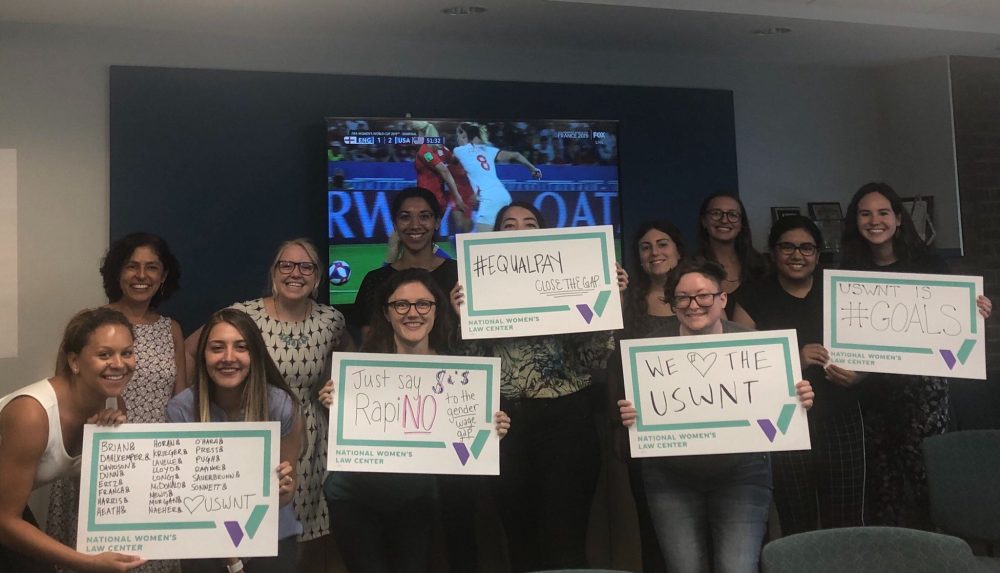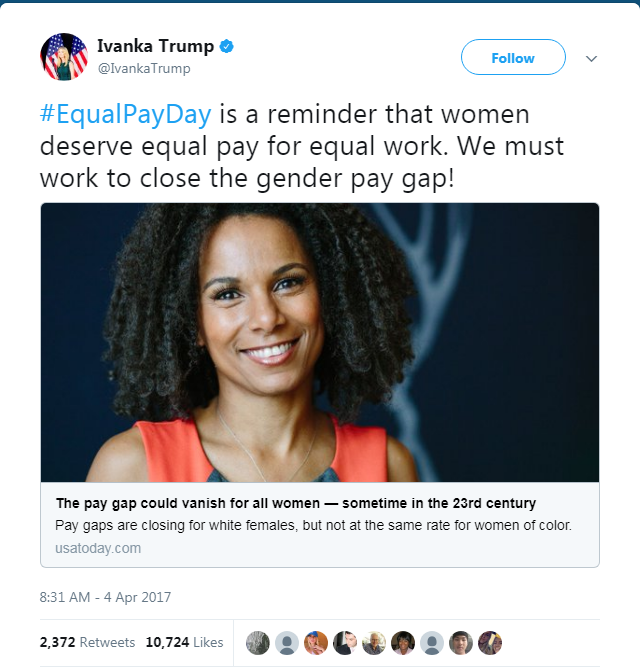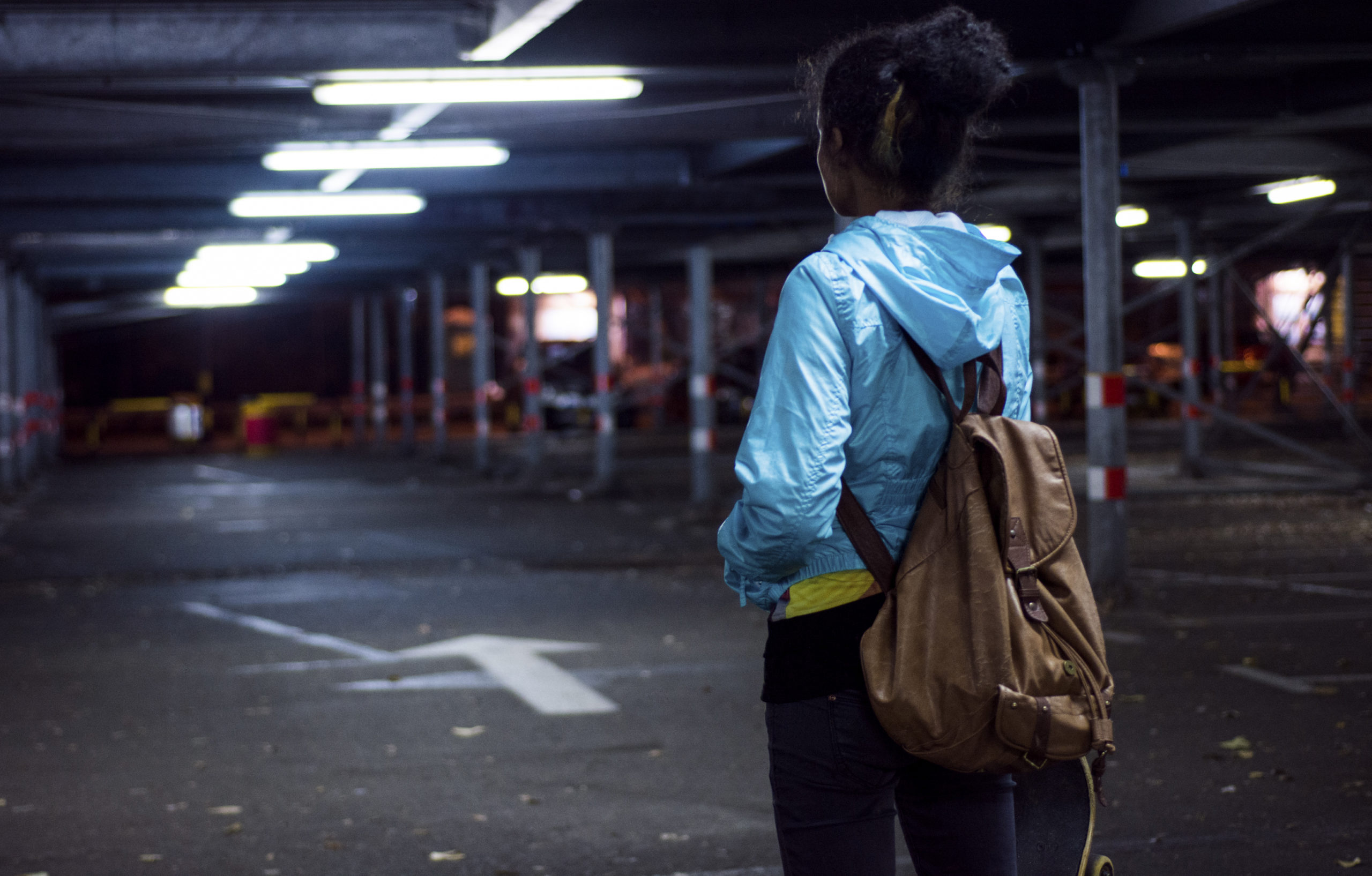Abortion rights, women of color, and LGBTQI+ people are under attack. Pledge to join us in fighting for gender justice.
R-E-S-P-E-C-T: No matter their success, female athletes still have to fight to be treated equally

Our women’s national soccer team is on the precipice of winning its 4th women’s world cup, our women’s national basketball and hockey teams are the most successful women’s teams in the world, and Title IX has led to an explosion of female athletes, not just in the U.S. but globally. Yet across this great country, female athletes are treated as less than.
Schools still don’t provide women and girls with equal opportunities to play or equal treatment in areas such as facilities, equipment, travel, and publicity. Our women’s national soccer team had to sue for equal pay, fields, travel and publicity; our women’s national hockey players are sitting out the season as part of their fight to get health insurance and a living wage; and WNBA players have to contort their bodies to fly coach and play overseas in the off-season to make money, reducing down time and increasing their risk of injury.
Many people say that female athletes can’t expect equal pay or treatment because women’s teams don’t bring in as much money or the market dictates pay. But even in situations where this might be true, those same people don’t acknowledge that men have been encouraged to play sports for centuries, whereas women have only been allowed to play sports for decades. They don’t ask whether schools and employers are promoting or supporting women’s teams equally and giving them a chance to build a following and gain exposure. And they overlook that female athletes have harder jobs in one critical way: Fighting for equality, in all its forms, is work. It is uncompensated, emotional labor.
Our civil rights laws – Title IX, Title VII, the Equal Pay Act, and others – guarantee equal rights for women and girls in the sports arena and beyond, and we must continue to protect, enforce, and use these laws to fulfill their promise of a fairer world. But ultimately, we as a society need to dig deep and challenge long-held assumptions and stereotypes. Female athletes are fighting for, and deserve, our respect. They are warriors, goddesses, revolutionaries. As Sally Jenkins so eloquently penned about Megan Rapinoe and her teammates, past and present: “They’re after something far, far more subversive than just better pay. . . . What they’ve really been after, all these years, is the seeding of a whole new generation of female heroes, who can turn a president’s criticism into a grass stain.”






